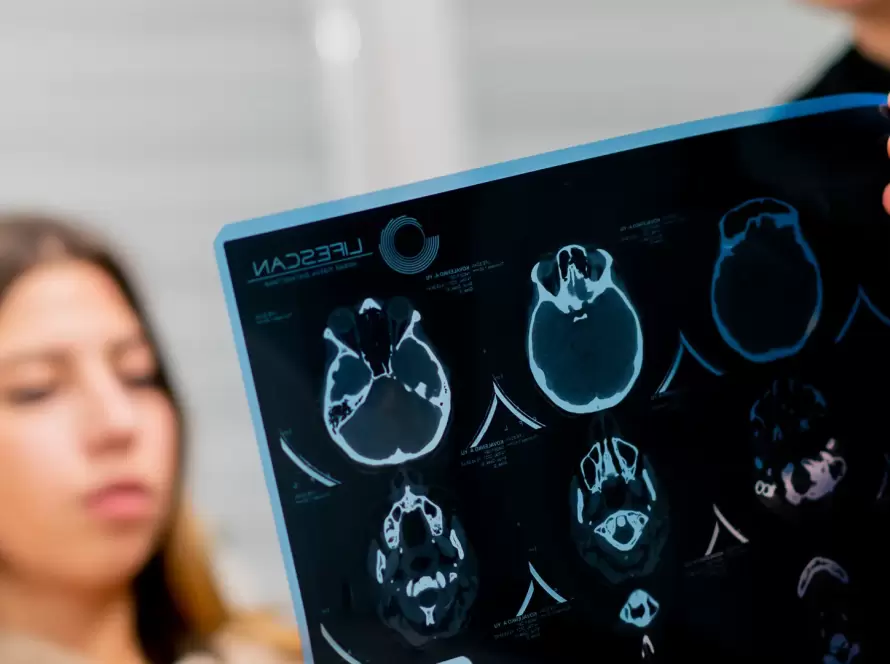Urvi was always the go-to person at work—handling multiple projects, staying late to meet deadlines, and always being available. At first, she loved the challenge, but over time, she felt constantly exhausted. She struggled to focus, became easily irritable, and even the smallest tasks felt overwhelming. What she initially dismissed as just “being tired” turned out to be something more serious—burnout.
What is Burnout?
Burnout is a state of emotional, physical, and mental exhaustion caused by prolonged and excessive stress. It happens when you feel overwhelmed, emotionally drained, and unable to meet constant demands. Over time, this leads to a decline in motivation, productivity, and overall well-being.
Why is Burnout So Common Today?
In today’s fast-paced world, people often feel the need to stay busy. Hustle culture glorifies overworking, making it seem like rest is a luxury rather than a necessity. Social media adds to this pressure, showcasing people juggling multiple roles effortlessly, making many feel they’re not doing enough. The pandemic has also blurred work-life boundaries, leading to an “always-on” mindset. As a result, burnout is becoming increasingly common across various professions and even in personal life.
Key Signs of Burnout
Recognizing burnout early can prevent long-term damage to your mental and physical health. Here are some common signs:
- Chronic Exhaustion
Feeling constantly drained, regardless of how much sleep you get.
- Lack of Motivation
Tasks that once excited you now feel like a burden.
- Increased Irritability
Feeling easily frustrated or snapping at colleagues, friends, or family.
- Difficulty Concentrating
Struggling to focus, making more mistakes, or forgetting things frequently.
- Physical Symptoms
Frequent headaches, muscle pain, digestive issues, or weakened immune response.
- Detachment & Isolation
Avoiding social interactions and feeling disconnected from your work or relationships.
- Reduced Performance
A decline in productivity and a sense of inefficacy, even when putting in effort.
How to Recover from Burnout
If you recognize these signs in yourself, it’s essential to take action. Here’s how you can begin to recover:
- Acknowledge It
Recognizing burnout is the first step toward addressing it. Don’t ignore the signs—your body and mind are signaling for help.
- Prioritize Rest & Sleep
Give yourself permission to take breaks. Quality sleep is crucial for mental and physical recovery.
- Set Boundaries
Learn to say no. Protect your time and energy by setting limits on work and personal obligations.
- Engage in Activities You Enjoy
Reconnect with hobbies or activities that bring you joy and relaxation.
- Seek Social Support
Talk to friends, family, or colleagues about your struggles. Support systems are vital for emotional well-being.
- Practice Self-Care
Incorporate activities that help you recharge, such as exercise, meditation, or reading.
- Seek Professional Help
If burnout is significantly impacting your daily life, consider speaking to a therapist or counselor.
Conclusion
Burnout is not a sign of weakness—it’s a signal that something needs to change. By spotting the signs early and taking proactive steps, you can protect your mental and physical well-being. Remember, taking care of yourself isn’t selfish—it’s necessary. In a world that glorifies being busy, choose to prioritize your health and balance instead.



